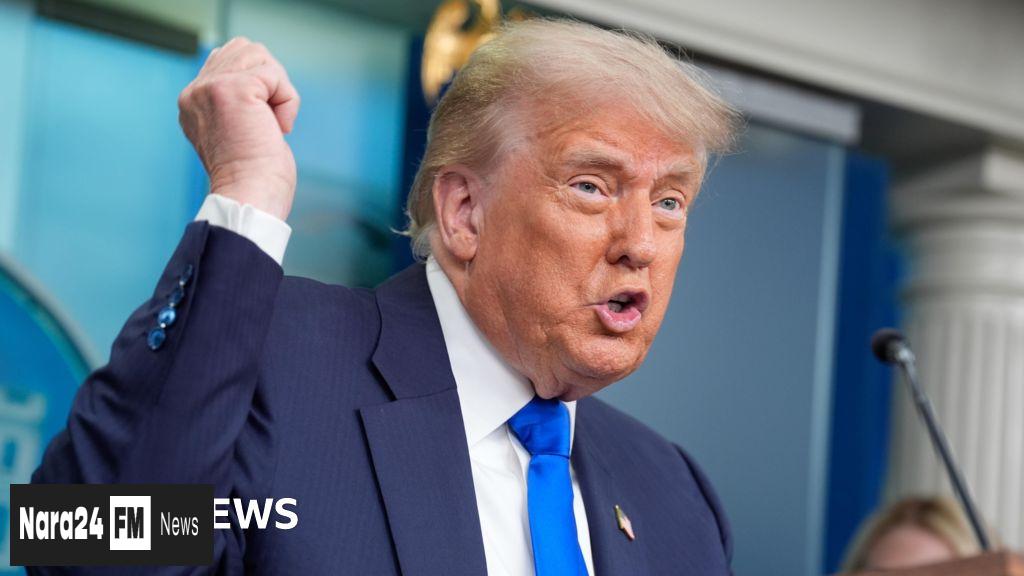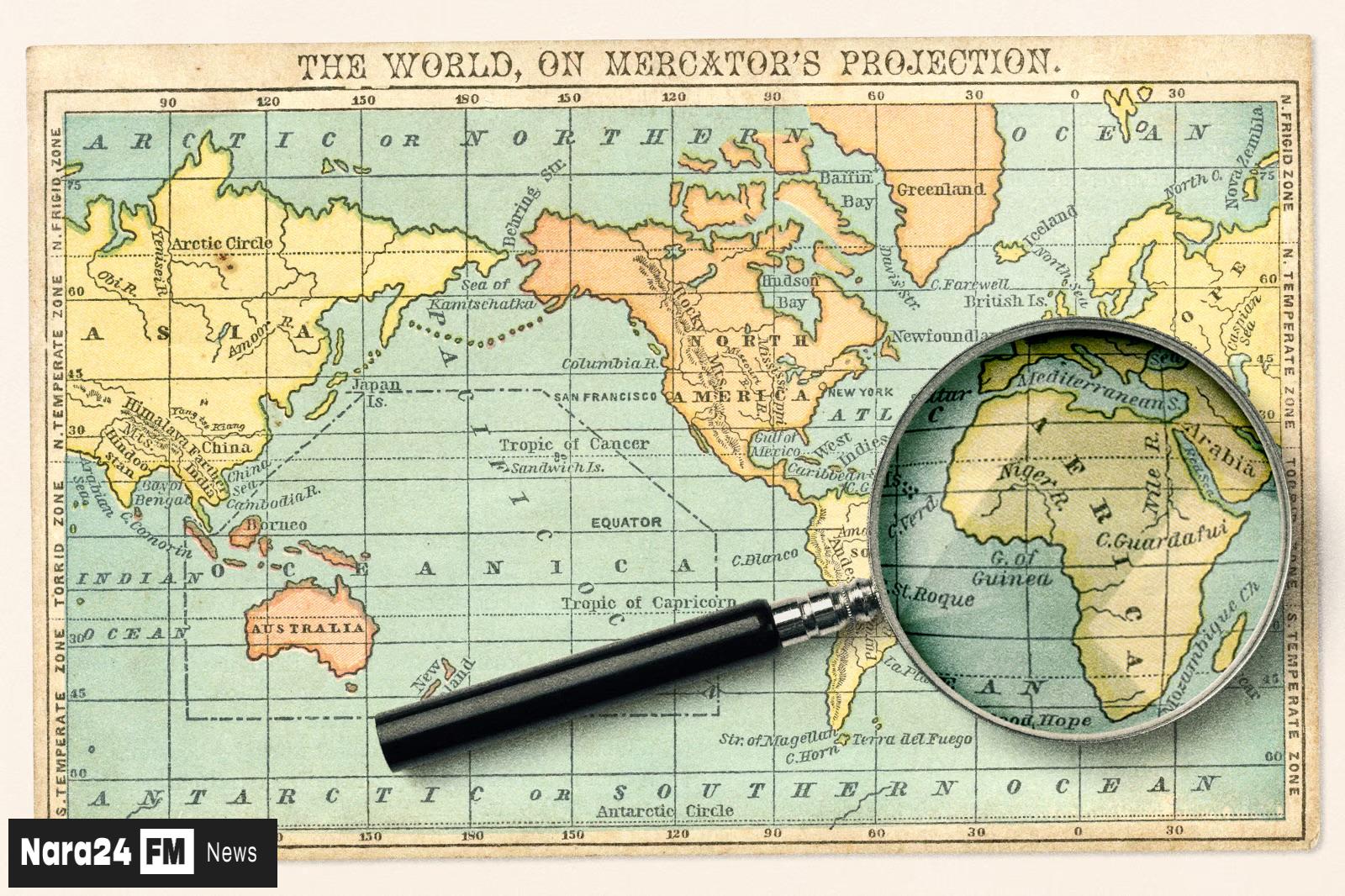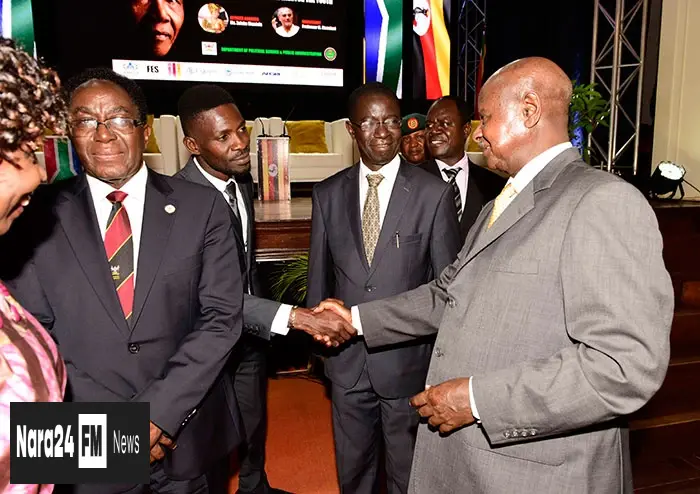Supreme Court Bolsters Presidential Power in Landmark Ruling
In a significant decision on Friday, the U.S. Supreme Court curtailed the authority of lower courts to issue nationwide injunctions against executive orders, marking a major victory for President Donald Trump and setting a precedent for future administrations. The ruling, which impacts Trump's controversial birthright citizenship policy, grants the White House greater latitude to implement its agenda without immediate judicial interference.
Trump Celebrates "Monumental Victory"
Speaking from the White House briefing room, President Trump hailed the decision as a "big, amazing" win for constitutional principles, the separation of powers, and the rule of law. He emphasized that the ruling undermines what he called the "birthright citizenship hoax" and prevents the "scamming of our immigration process." The administration now has a clearer path to enforce its policy of ending automatic citizenship for children born on U.S. soil to undocumented immigrants.
Implications for Birthright Citizenship
The Supreme Court's decision allows Trump's executive order on birthright citizenship to take effect within a month, though it leaves room for lower courts to issue narrower injunctions in specific cases. Justice Amy Coney Barrett, writing for the majority, acknowledged that states could argue for broader restrictions, particularly citing concerns over financial and administrative burdens tied to citizen-dependent benefits programs.
However, implementing the policy remains a complex challenge. States, which traditionally handle birth certificate processing, often do not record parents' citizenship status. Democratic-led states are expected to resist compliance, setting the stage for protracted legal battles.
Expanding Presidential Authority
The ruling has far-reaching implications beyond birthright citizenship. By limiting the ability of federal judges to block executive actions, the Supreme Court has strengthened the presidency's ability to push forward with policies that have previously been stalled. This includes Trump's initiatives on foreign aid cuts, immigration reforms, and election process changes, among others.
Historically, both Democratic and Republican presidents have criticized federal district judges for issuing nationwide injunctions that halt executive actions or legislation. The Supreme Court's decision addresses these concerns, granting presidents greater flexibility to act without immediate judicial constraints.
Future Challenges and Judicial Oversight
While the ruling empowers the executive branch, it does not eliminate judicial oversight entirely. Courts can still intervene to halt actions deemed unconstitutional or illegal, though such decisions will likely occur at the appellate or Supreme Court level. In the meantime, presidents—whether Republican or Democrat—will have more time and space to implement their policies.
The Supreme Court urged lower courts to act expeditiously in ensuring that injunctions align with legal principles, but the immediate impact of the ruling is clear: the balance of power has shifted in favor of the executive branch.
As the Trump administration prepares to enforce its birthright citizenship policy, the nation braces for a new wave of legal and political battles that could reshape immigration law and presidential authority for years to come.









Comments (0)
Leave a Comment
Be the first to comment on this article!